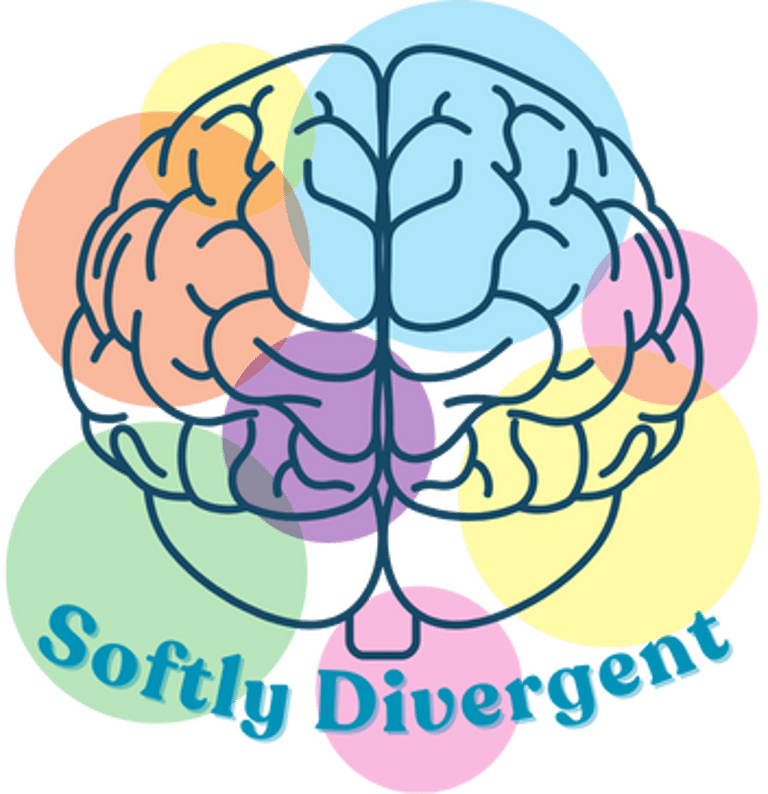The exhaustion behind ‘simple’ tasks
For many of us, ordinary tasks aren’t easy. They’re layered, draining, and invisible to others — but that doesn’t make them less real.
7/5/2025
“Just take a shower.”
“Just answer the email.”
“Just go for a walk.”
“Just do it.”
I hear these phrases often — sometimes from others, sometimes from my own inner voice.
And every time, a quiet heaviness settles in.
Because what looks simple from the outside can feel massive from within.
For neurodivergent minds, “simple” is often layered.
Take a shower, for example.
It’s not just washing.
It’s:
- noticing you need it
- initiating the process
- gathering clothes
- regulating temperature
- managing sensory input (water, steam, smell)
- transitioning afterward
- and trying not to spiral into post-exertion fatigue
By the time it’s done, my body feels wrung out.
And yet, from the outside?
It was “just a shower.”
The same happens with messages.
I want to reply — I really do.
But opening the app, formulating a response, holding a thread of conversation, managing the possible emotional weight — it all adds up.
And sometimes, my brain just... stops.
Not because I don’t care.
Because I’m overwhelmed by a task that’s invisible to others.
This is the part of neurodivergence people don’t see.
Not the meltdown, not the hyperactivity —
but the silent depletion from trying to perform “ordinary” life tasks.
There’s a cost to functioning.
And many of us pay it quietly, every single day.
So if you’re tired after folding laundry, preparing food, brushing your teeth, or taking out the trash —
you’re not lazy.
You’re not dramatic.
You’re not failing.
You’re navigating a world that was never built for your brain.
You’re using extra energy just to be in it.
And that alone is enough.
Soft reminder:
you don’t have to earn rest.
You’re allowed to celebrate small wins.
And you’re allowed to be proud of the “simple” things — because for you, they are not simple at all.
Softly Divergent
A neurogentle space for humans who feel too much
CONTACT
© 2025 Softly Divergent. All rights reserved.
This site is created with care and calmness.
Newsletter
